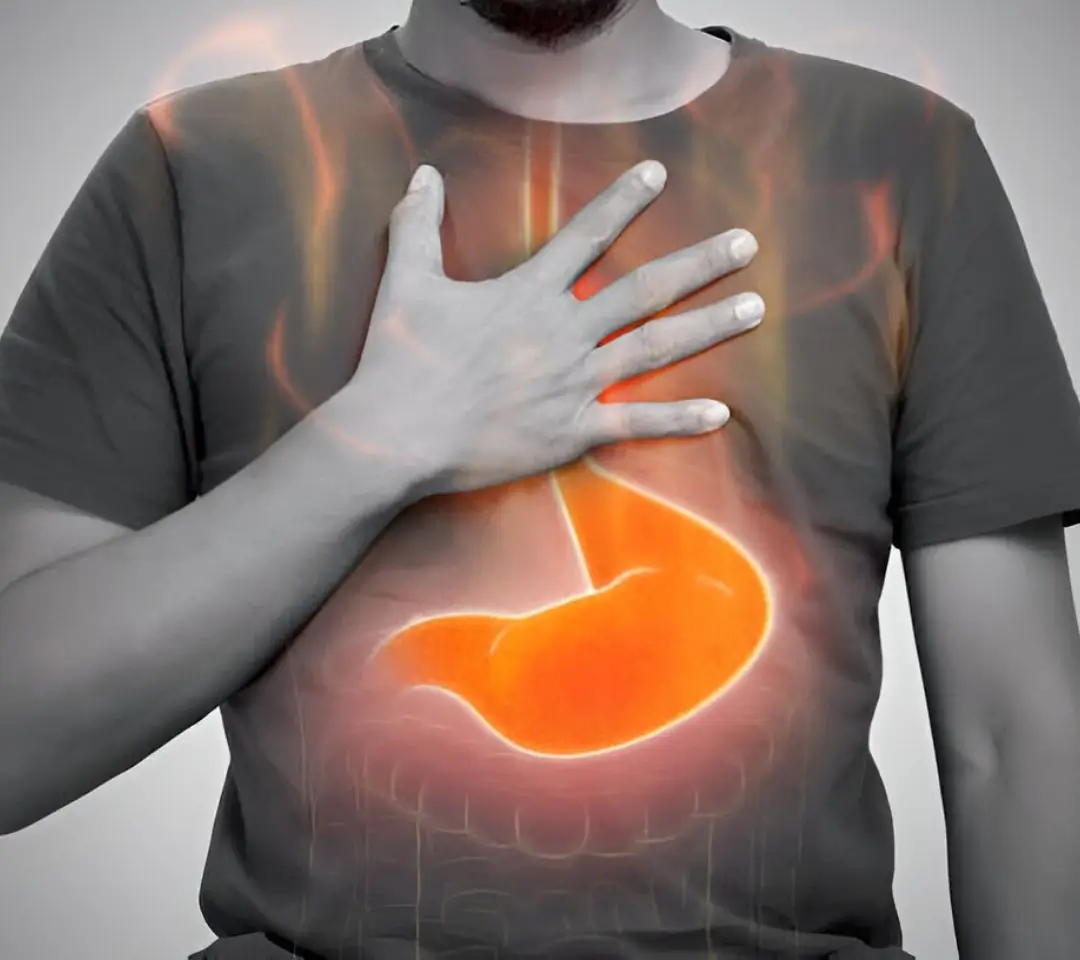Frequently Asked Questions
GERD is a chronic condition where stomach acid flows back into the esophagus, causing symptoms like heartburn.
Symptoms include heartburn, regurgitation, chest pain, difficulty swallowing, and chronic cough.
Diagnosis may involve clinical evaluation, endoscopy, pH monitoring, and esophageal manometry.
Avoiding trigger foods, eating smaller meals, losing weight, elevating the head of the bed, and quitting smoking can help.
Common medications include antacids, H2 blockers, and proton pump inhibitors (PPIs).
Surgery may be recommended for patients who do not respond to medications or have complications like severe reflux or Barrett's esophagus.
Untreated GERD can cause esophagitis, strictures, Barrett’s esophagus, and increase esophageal cancer risk.
Yes, GERD can affect children and infants, often causing irritability and feeding difficulties.
Yes, fatty, spicy, and acidic foods can worsen symptoms, while a balanced diet may help control reflux.
Some patients find relief with acupuncture, herbal remedies, or relaxation techniques, but evidence is limited.
Treatment duration varies; some manage symptoms with short-term medication, while others need ongoing therapy.
Yes, acid reflux can cause chronic cough, asthma-like symptoms, and throat irritation.
GERD is generally a chronic condition, but symptoms can be well-controlled with treatment.
Yes, hormonal changes and pressure from the growing uterus can increase reflux during pregnancy.
Seek medical advice if symptoms are frequent, severe, or if you experience difficulty swallowing or weight loss.

